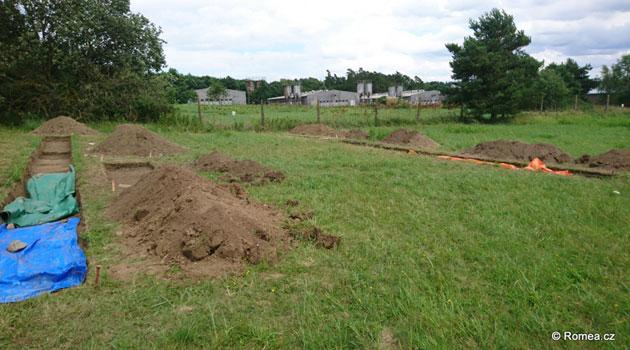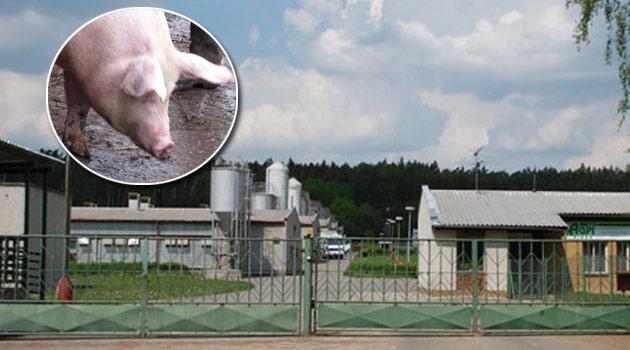European Grassroots Antiracist Movement calls Czech MP's remarks about Romani genocide site classic Holocaust denial

The European Grassroots Antiracist Movement (EGAM) has condemned the recent remarks by the chair of the SPD party in the Czech Republic, Tomio Okamura, about the Protectorate-era concentration camp for Romani people at Lety u Písku. Okamura said that he believed the camp had not been fenced and that the people there had been able to come and go freely.
According to EGAM this is “the most classic denial” of the Holocaust of the Roma and an effort to create a parallel history. EGAM President Benjamin Abtan communicated the organization’s message to the Czech News Agency on 31 January.
EGAM brings together 40 organizations from around Europe to protect human rights and minorities and defends minority interests at European institutions. “[Okamura’s remarks] demonstrate that denial of genocide is a current political problem in the Czech Republic and elsewhere in Europe where it is primarily kept alive by nationalists,” Abtan said.
In his view, the Holocaust of the Roma is not yet something about which there is broader awareness, and for that reason it would be necessary to establish a European foundation to endeavor to bring the memories of eyewitnesses and the findings of researchers to the public and to combat the denial of the wartime persecution and murder of Romani people. EGAM called for the creation of such a foundation this year on International Holocaust Remembrance Day, 27 January.
Abtan said the international call for such a foundation has been supported by 249 MPs from 28 European countries and by other figures. Okamura’s remarks were also made on 27 January during an interview with the online television channel DVTV.
The MP gave his source as a book published by the Academy of Science that he erroneously claimed was called “The Camp at Lety: Facts and Myths” and also referenced a quote from former Czech President Václav Klaus on the issue. According to the Museum of Romani Culture, no such book exists and Okamura’s allegations are refuted by documents and photographs from that time.
The Museum also stated that such remarks spark anti-Romani sentiment and trample the memory of the Romani victims of persecution and genocide. The state-funded institution then demanded an apology from the SPD chair.
Okamura has since responded by apologizing for his “imprecision” and urging people to read an interview with a professor who has referred to the genocide at Lety as a “myth”. According to historians, the camp at Lety was first opened in August 1940 as a disciplinary labor camp.
The camp was intended for men who were unable to document their incomes to the authorities. People living a traveling lifestyle were also meant to be settled there.
A similar facility existed in Moravia at Hodonín u Kunštátu. In January 1942 both camps were changed into internment camps, and in August 1942 both were then turned into “Gypsy Camps”.
From then until May 1943 a total of 1 308 Romani people – children, men and women – passed through the Lety camp, 327 of whom died there and more than 500 of whom ended up at Auschwitz. After the war fewer than 600 Romani prisoners of the concentration camps are said to have returned to Bohemia and Moravia.
According to estimates by experts, this means the Nazis murdered 90 % of the Romani people in Bohemia and Moravia. Despite this fact, more than one Czech politician has doubted whether Lety functioned as a concentration camp.
In 2005, then-Czech President Václav Klaus said Lety had not been a “concentration camp in the proper sense of the word” and that it had not been designated for Romani people but “for those who refused to work”. His remark outraged other politicians and Romani organizations.
Okamura made a similar remark in August 2014. The Czech Police investigated that incident but did not recommend pressing charges.
In 2016, during a visit to Varnsdorf, the leader of the ANO movement, Andrej Babiš, who was Finance Minister at the time and is Prime Minister now, said the camp at Lety had not been a concentration camp but a labor camp. He then apologized for his remarks and promised money would go toward creating a memorial there.
